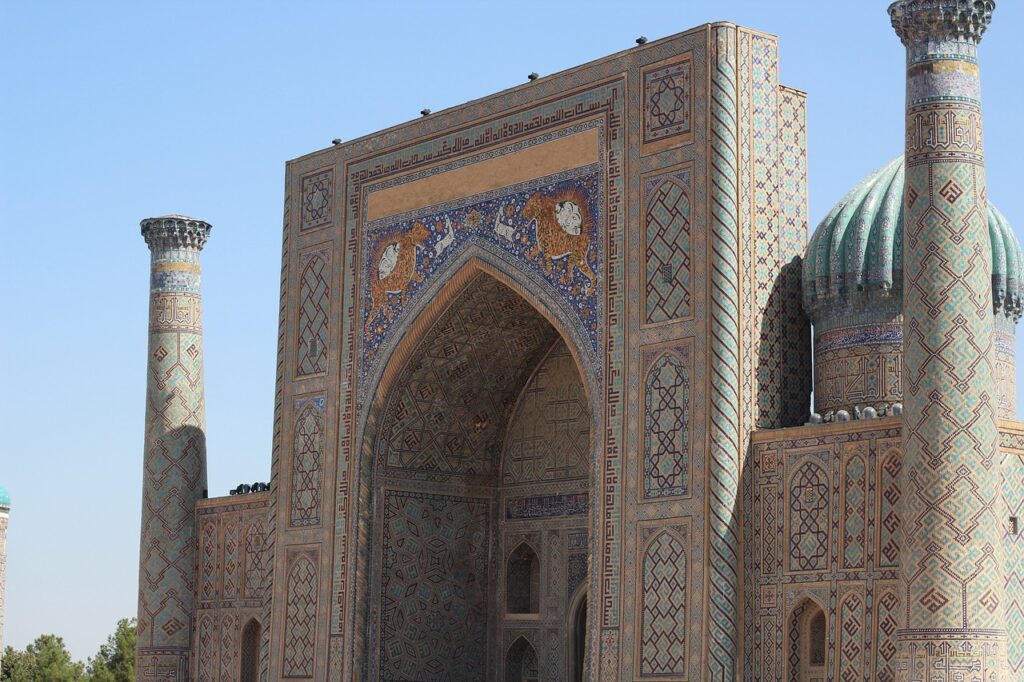What is the Hanbali Madhab and Why Study It?

The Hanbali Madhab: Origins, Principles, and Influence in Islamic Jurisprudence The Hanbali madhab, one of the four Sunni legal schools of Islam, is often less known than its counterparts like the Hanafi or Shafi’i madhabs. Nevertheless, it plays an essential role in Islamic jurisprudence and deserves special attention. In this article, we will delve into […]
Shafi’i Madhab: History and Principles

Shafi’i Madhab: History, Principles, and Contemporary Influence in Islamic Jurisprudence Introduction to the Shafi’i Madhab The Shafi’i Madhab, one of the four primary schools of Islamic jurisprudence, has guided Muslims for centuries with its profound scholarship and practical approach to Islamic rulings. Whether you’re a beginner or someone looking to deepen your knowledge, following this […]
Madhab: Understanding Sunni Islam’s Jurisprudence Schools

Understanding Madhab: A Deep Dive into Sunni Islamic Jurisprudence Schools Sunnism, one of the main branches of Islam, has, over time, developed schools of thought or madhabs. These are essentially legal and theological interpretations of sacred texts, crafted by distinguished Islamic scholars. In this article, we’ll delve into the different legal schools of Sunnism, emphasizing […]

